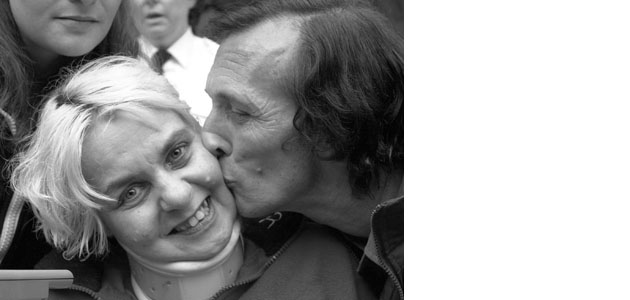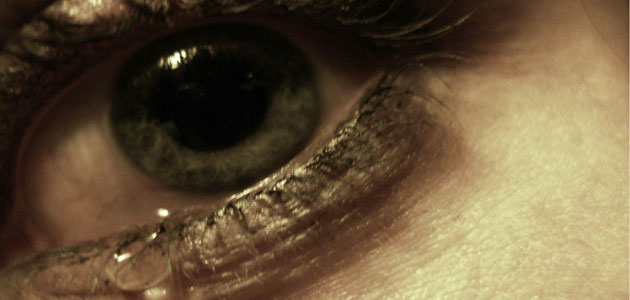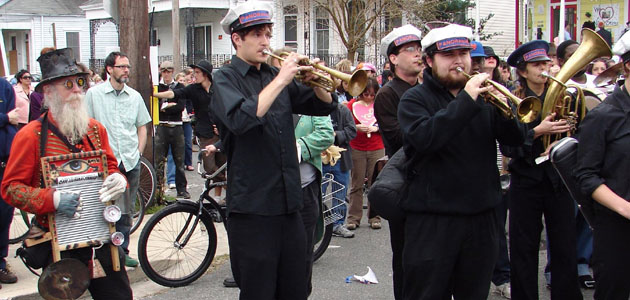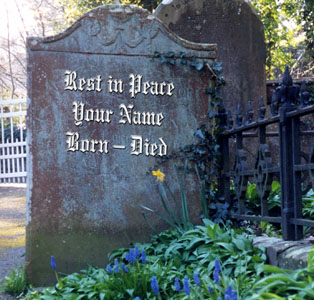Issue 19-03-2010
Featured story
We need to talk about death
A group of children were in a workshop in their primary school. ‘What is death?’ they were asked. Easy. The answers came out quickly. Lack of breathing. Lack of movement. Gone. Forever. ‘So, what is life?’ they were asked. Not so easy, of course. The children um-ed and ah-ed and...
Top stories
The greatest campaign of the twenty-first century?

In 2007, when considering whether to leave the Equal Opportunities Commission, I knew I wanted to move to another equally important and valuable campaign. Once in a generation a controversy arises on an ethical or political issue in which strong pressure for change is met by strong resistance. Examples have been...
No room for tears

A knock on the cell door. A clunk of the key. A kindly face of a prison officer and a request that I go with him to see the duty chaplain. This establishment of grey and gruel had been my home for just a couple of weeks as I progressed...
The end?…

Seventy per cent of us say we want to die at home, yet currently sixty per cent of the 500,000 people who die each year die in hospital. The government has placed end of life care at the centre of its five-year strategy for the NHS. The strategy commits to giving...
A good send off?

In his book The Hour of Our Death, Philippe Aries describes us as a death-denying society – in the West, we have increasingly handed dying and its aftermath over to professionals – doctors and funeral directors. Photographer Walter Schels, fearful of his own mortality, undertook a breathtakingly brave project: he photographed...
The final taboo

From a quick glance at the media it would seem that anything goes and there are no taboos. Yet despite all our openness, talking about death and its actual process is still avoided by most people. Indeed the word itself is usually replaced by one of many euphemisms. To be...
All articles
Compassion, love and acceptance – the Quaker concern on death and dying
Exploration is the key to our method. The issues that provoked our concern are two: that the process and duration of dying has changed with the advance of medical science, and that the length and quality of care in terminal illness and extreme old age vary greatly. But we throw...
Dying to Know – bringing death to life
Witty. Reassuring. Cheerful. These are perhaps unexpected qualities to find in a book called Dying to Know – bringing death to life. But then it is an unusual book. Set out as a series of sixty ‘conversation starters’ or ‘thought buds’, accompanied by striking images, Dying to Know aims to...
Letters - 19 March 2010
Honouring death through dance
Soul Play is a gentle and intimate dance-theatre duet that explores the moments following a young man’s death. Kate Flatt devised it in response to her own grief upon the death of family members. A secondment at a local hospice as part of a Rayne Choreographic fellowship encouraged this...
